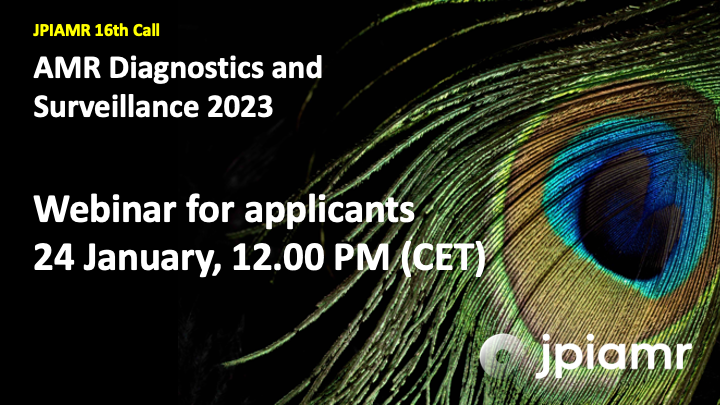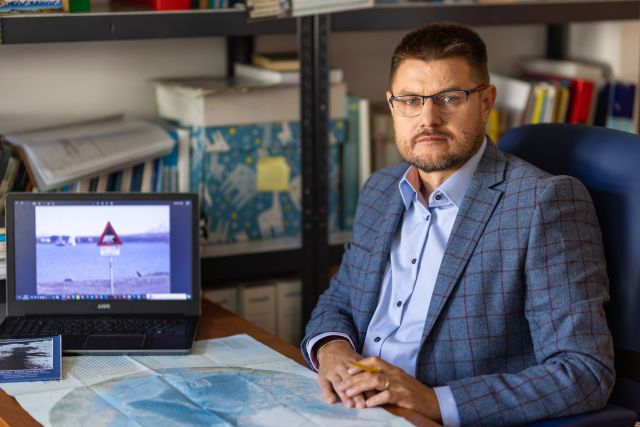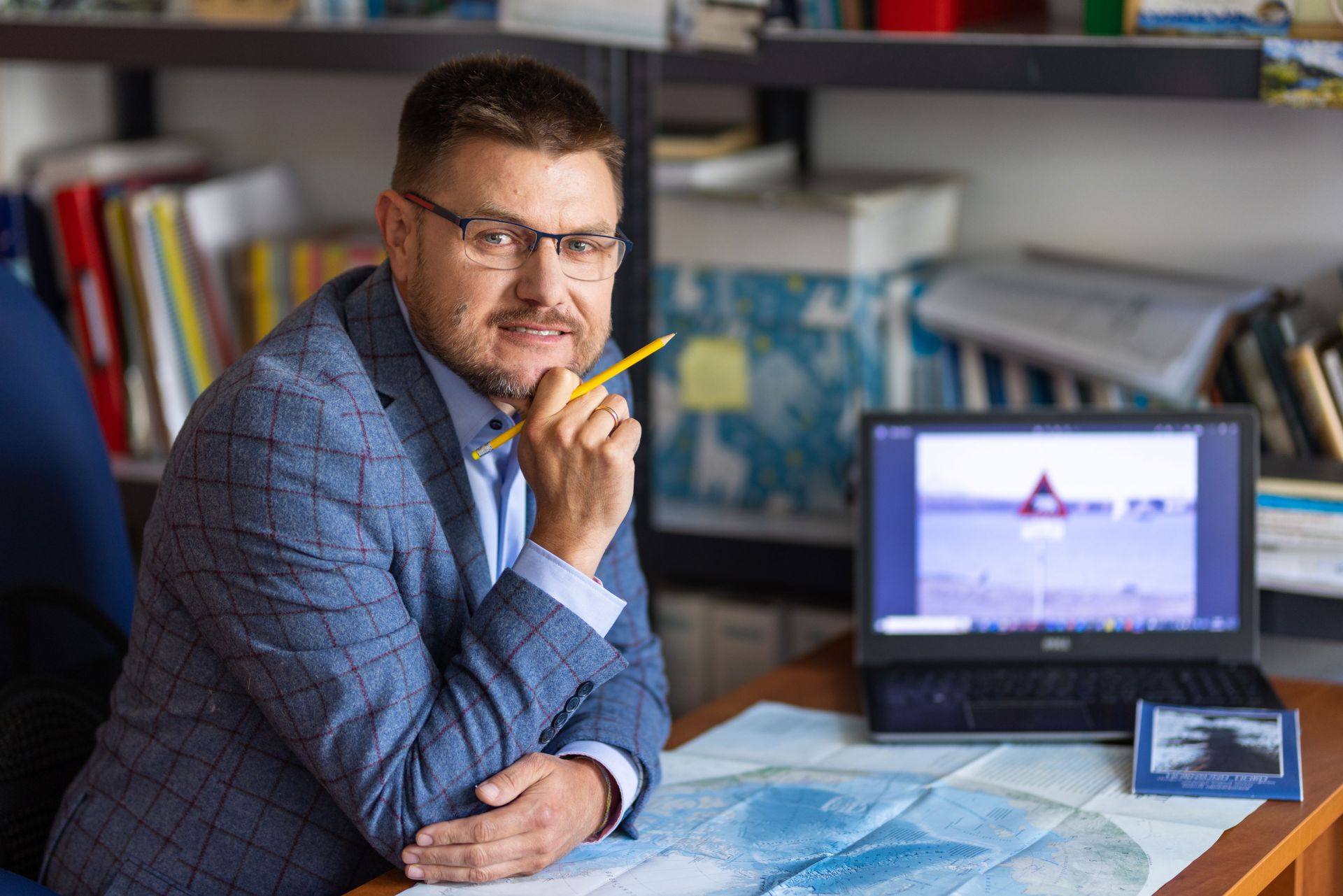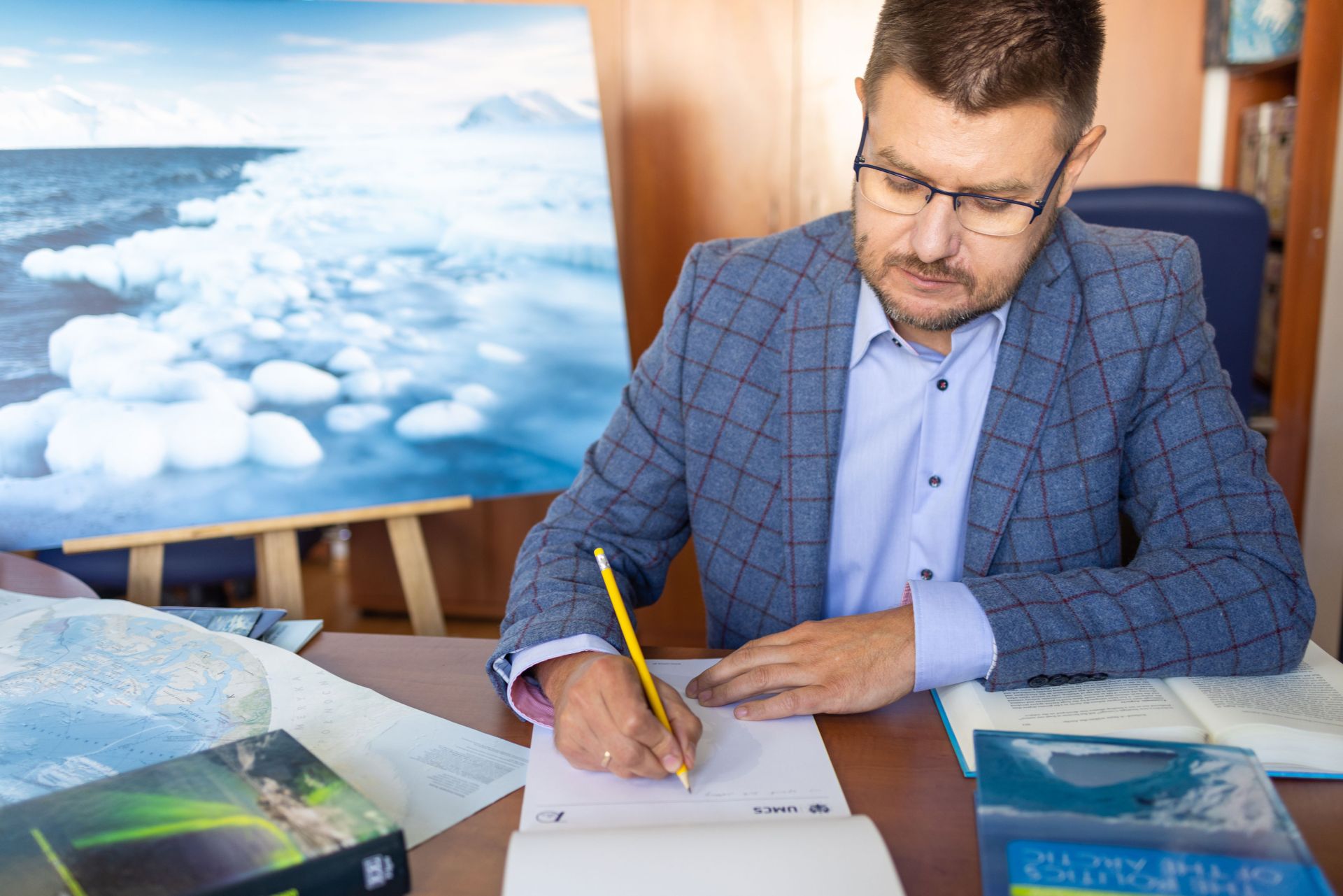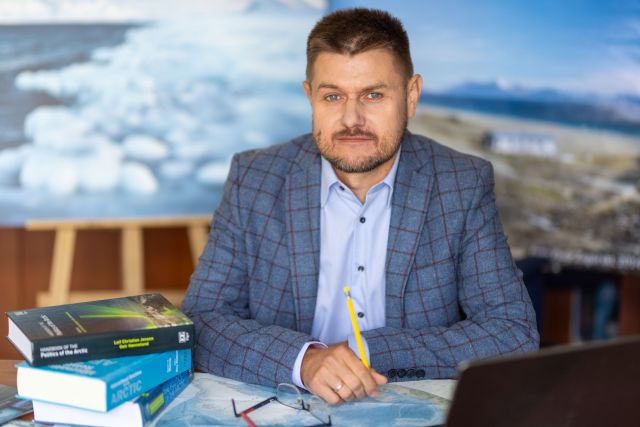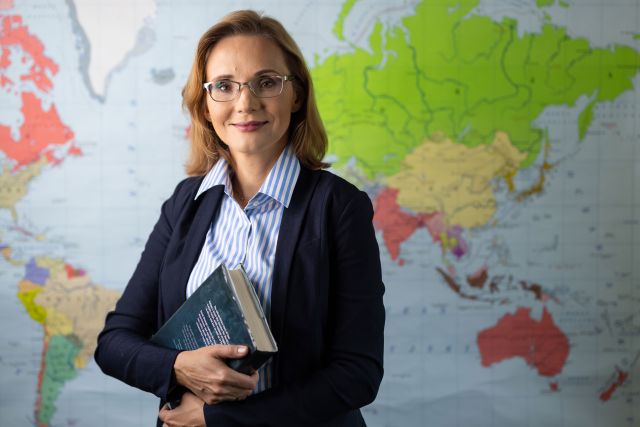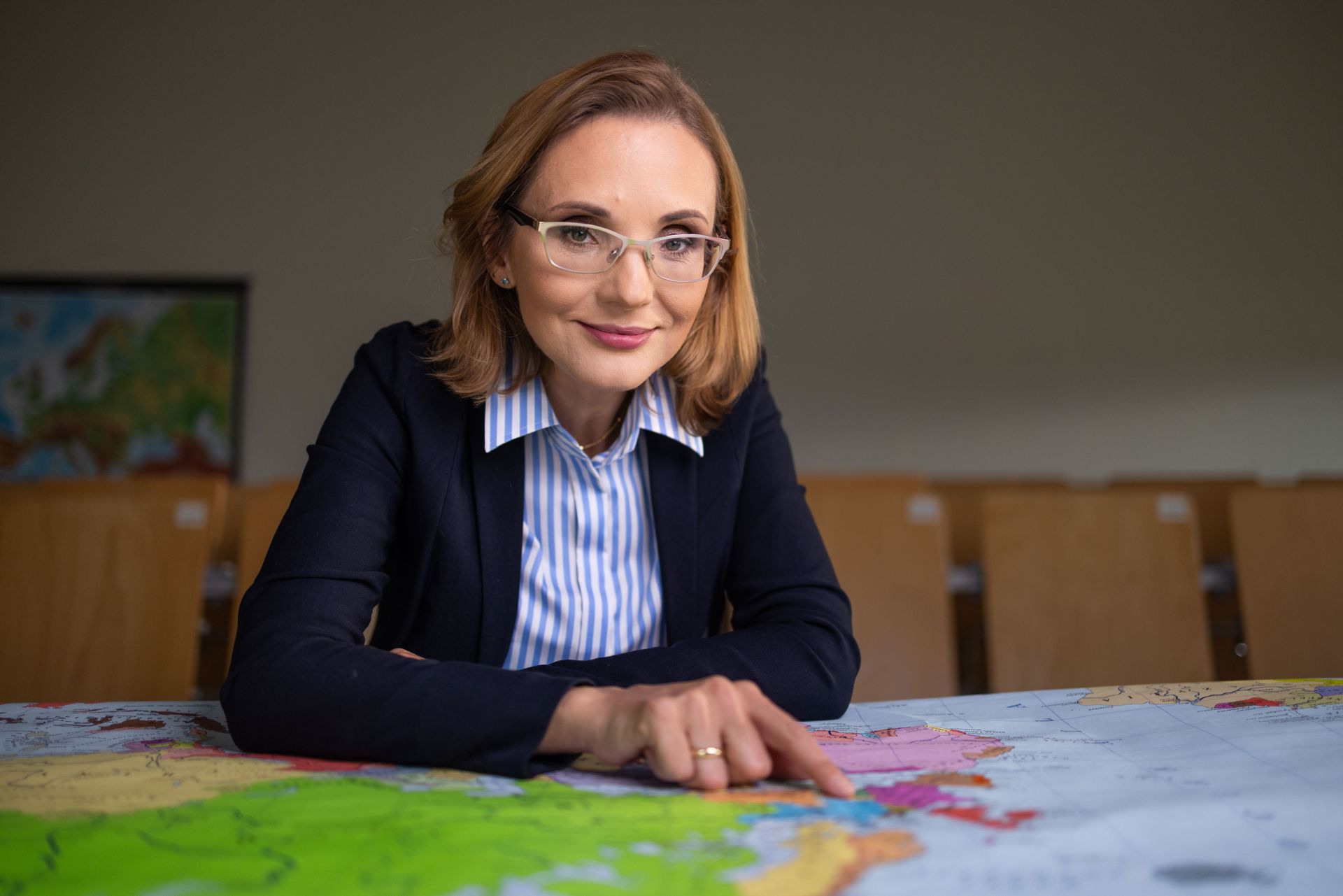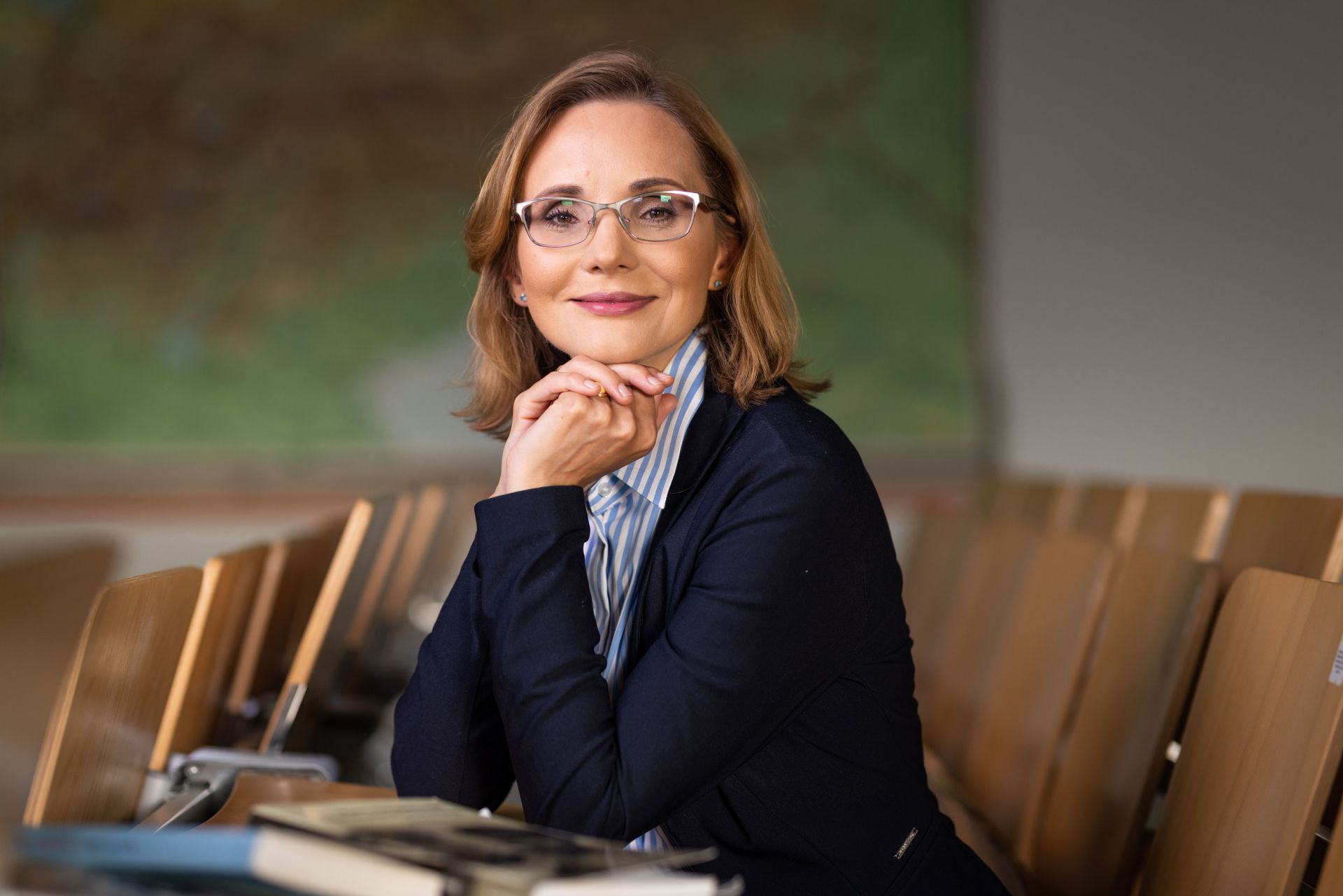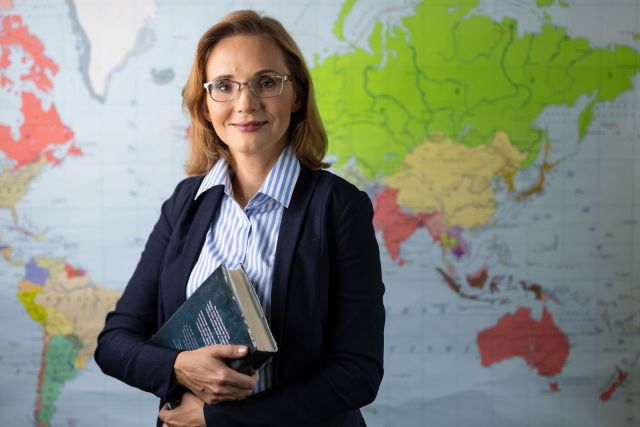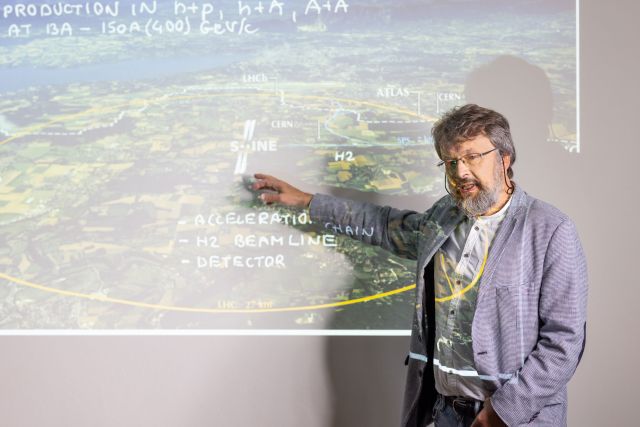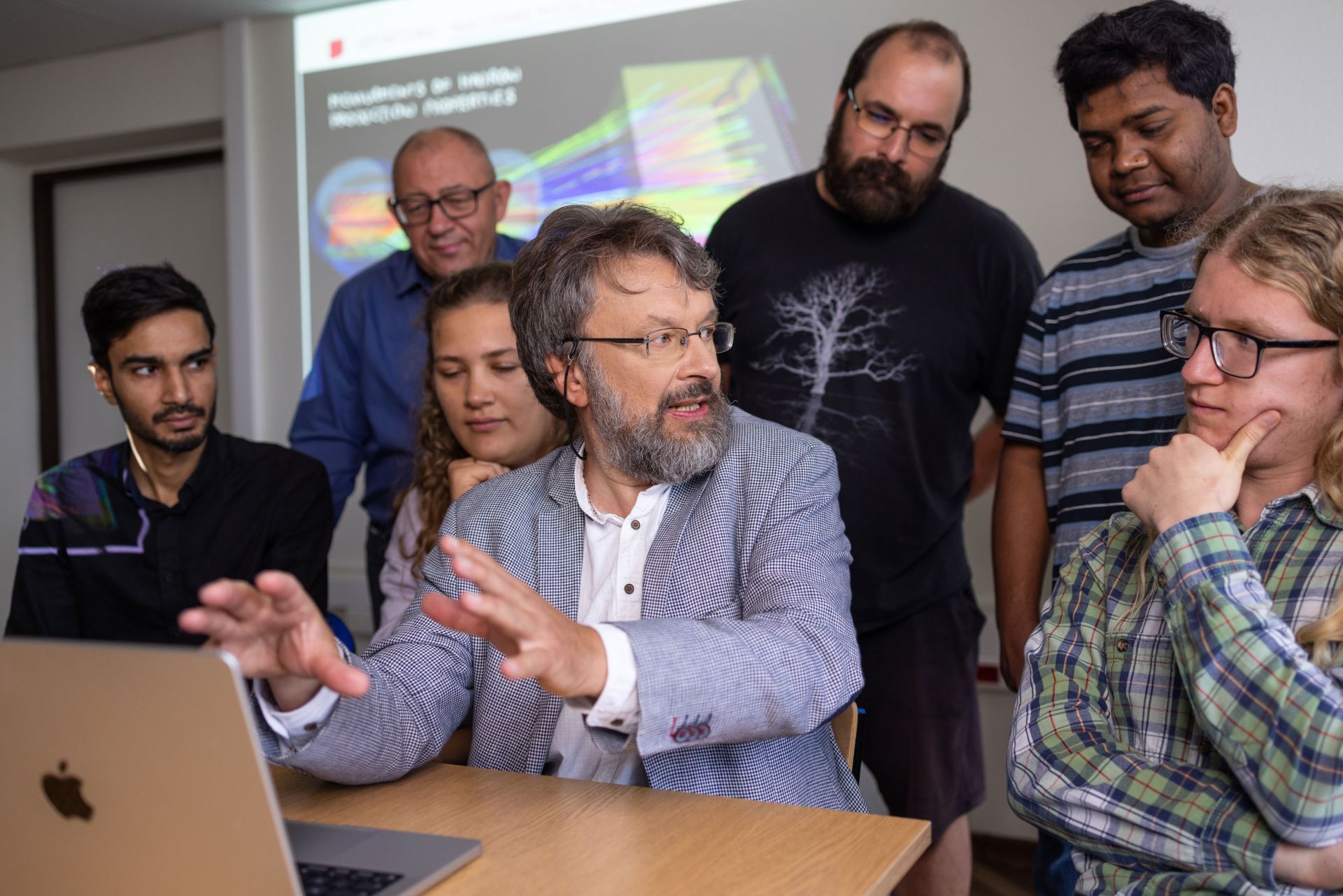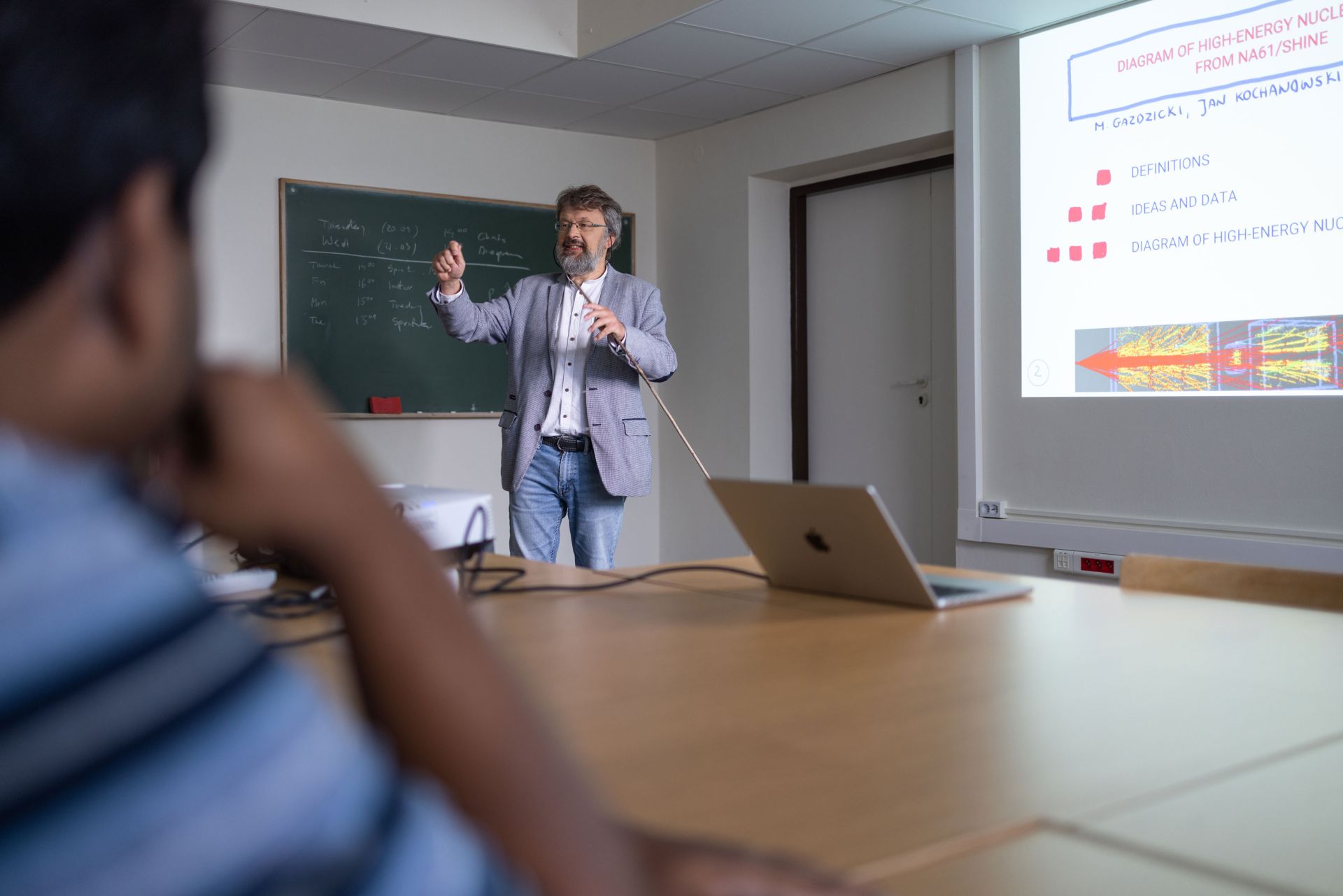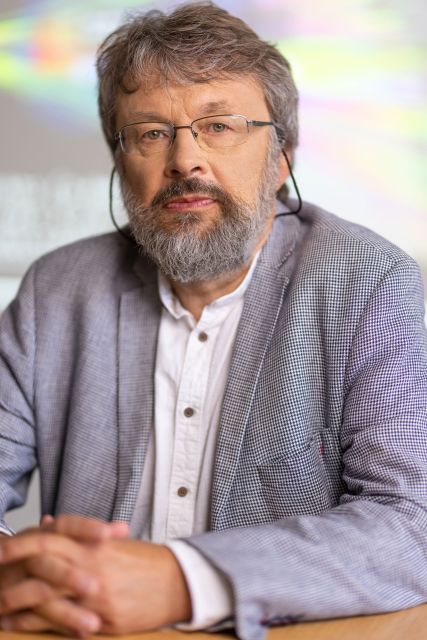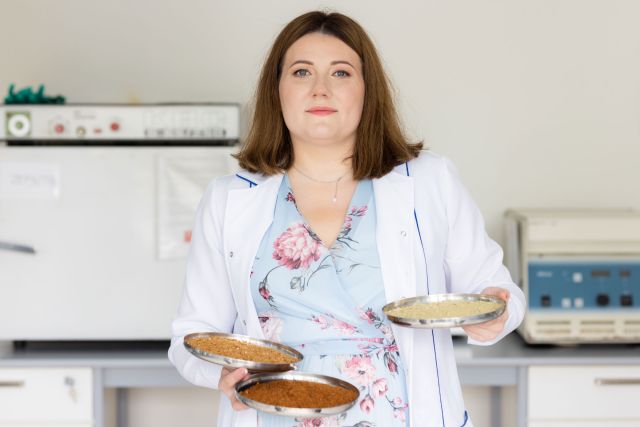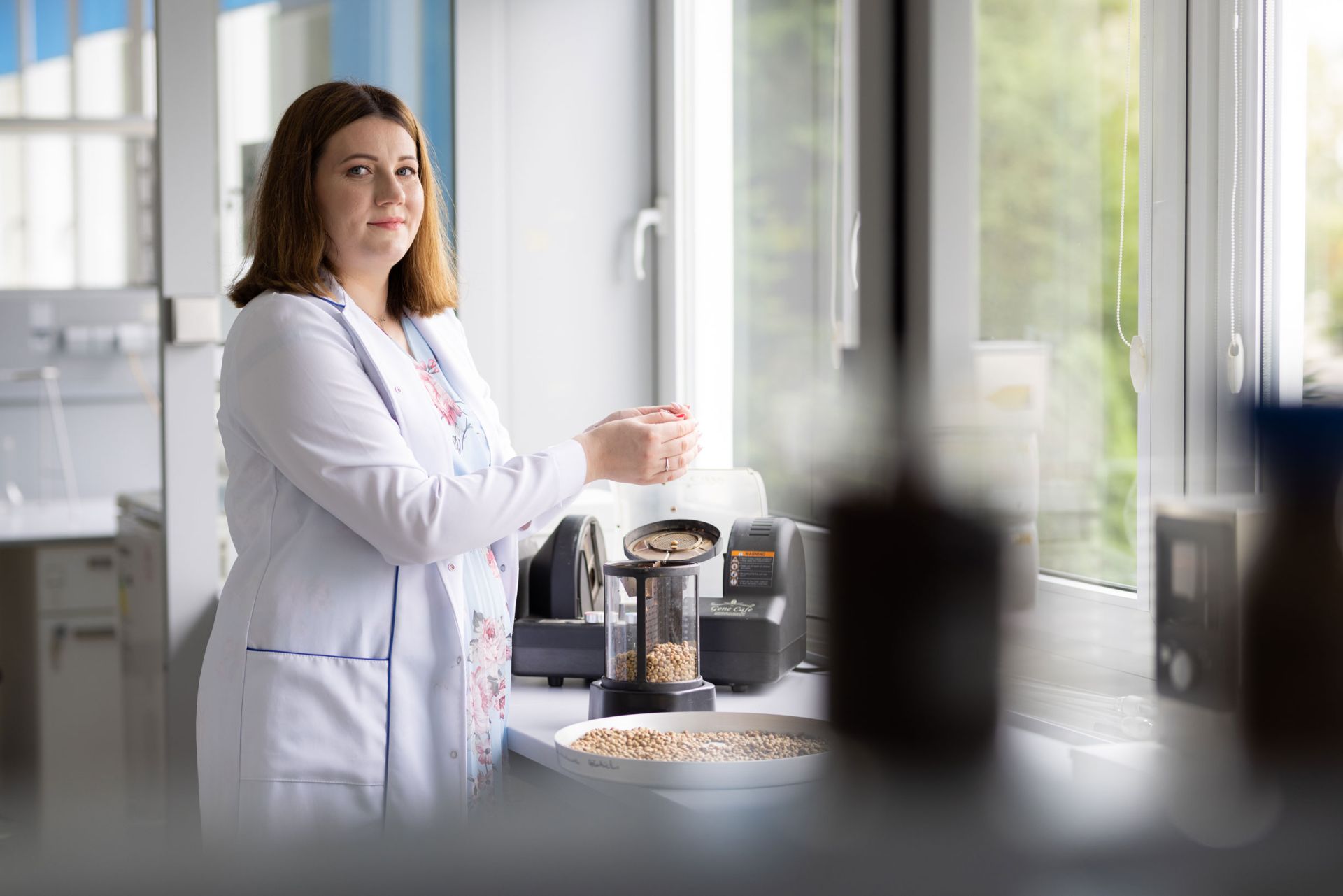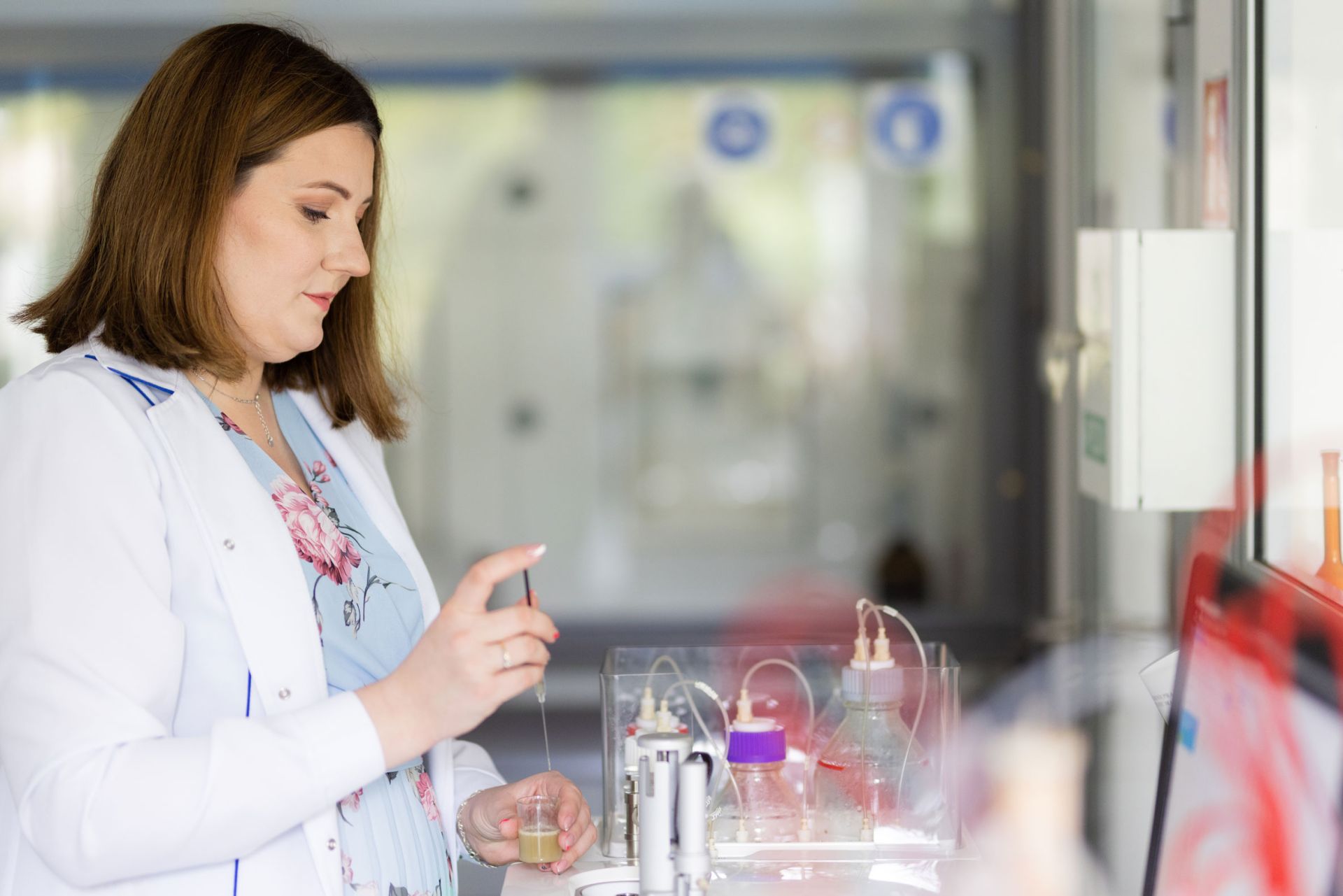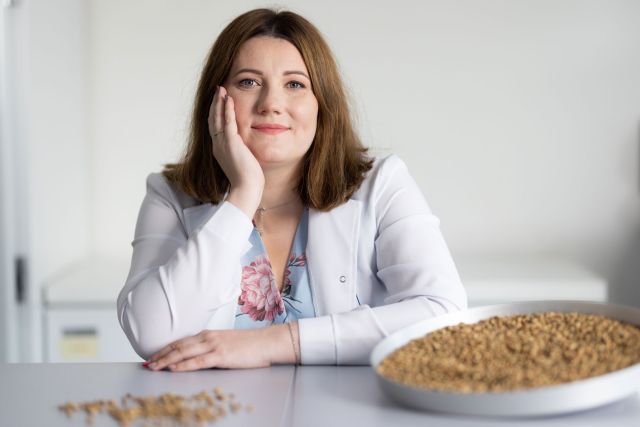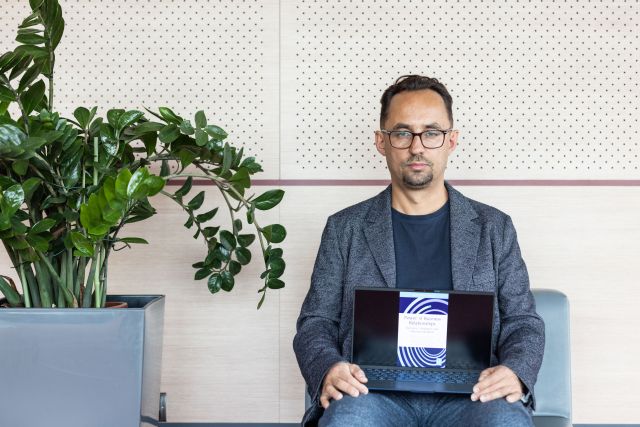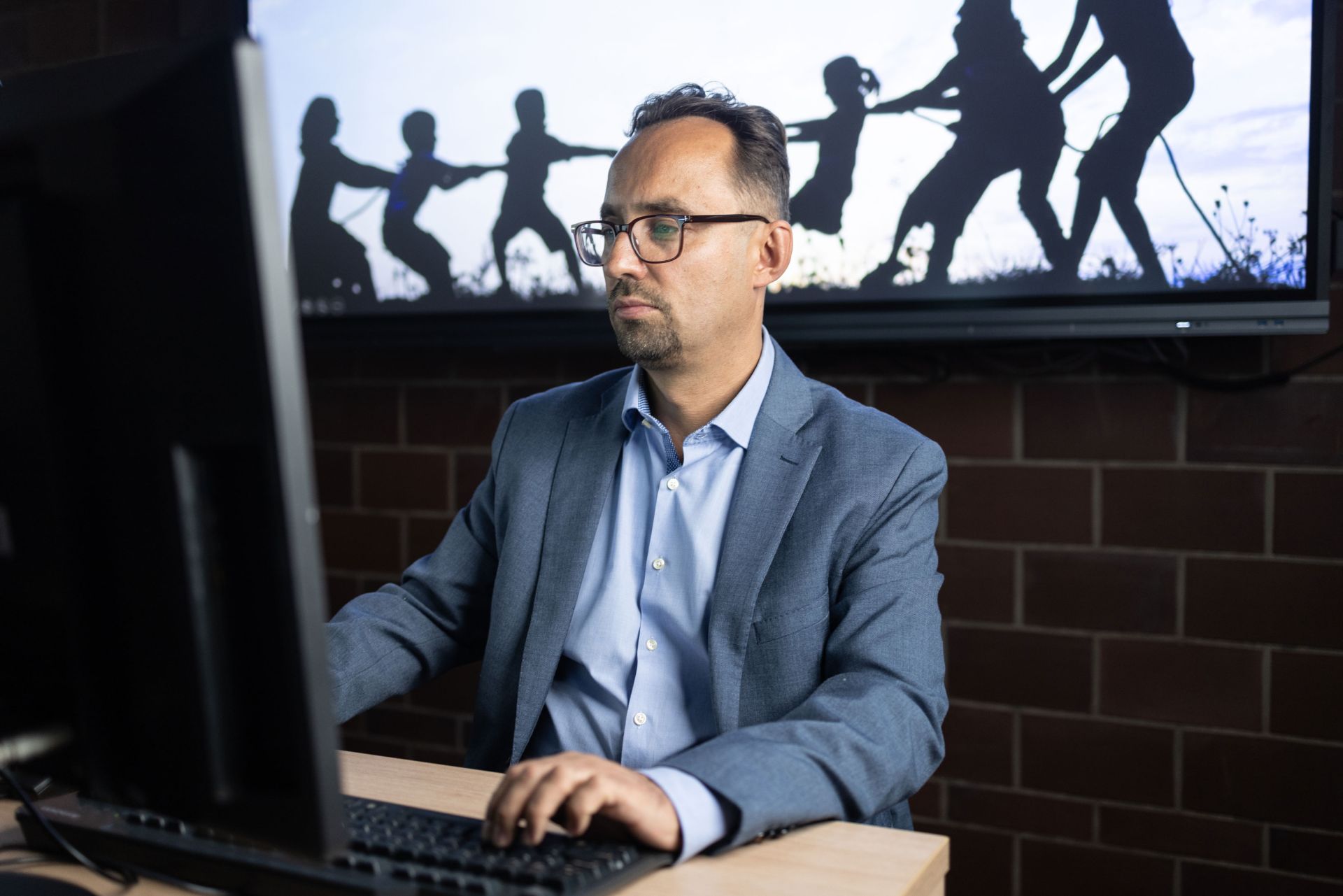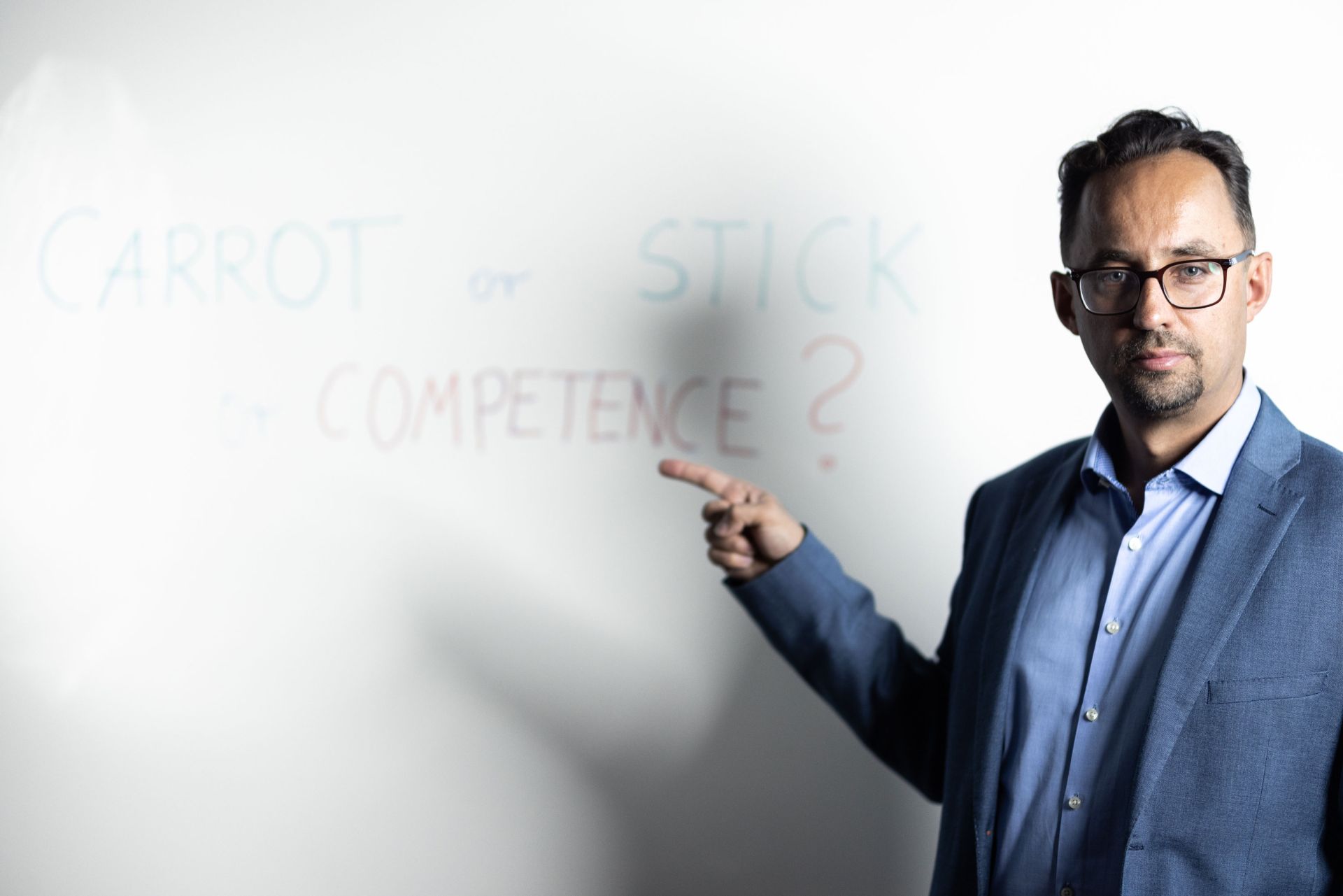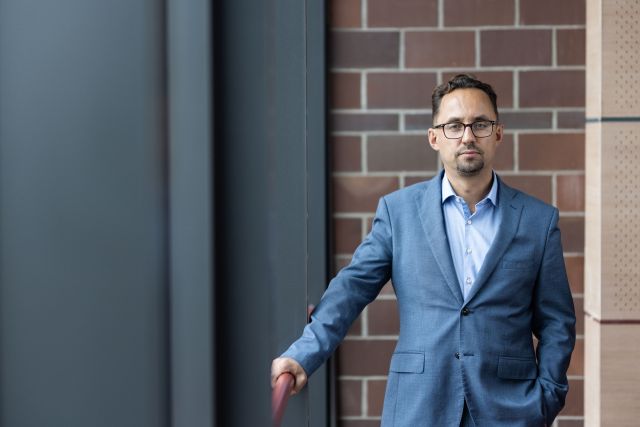JPIAMR DISTOMOS
Announcement of 16th JPIAMR transnational call for research projects within the ERA-NET JPIAMR-ACTION: “Development of innovative strategies, tools, technologies, and methods for diagnostics and surveillance of antimicrobial resistance” (DISTOMOS)
16 January 2023
The National Science Centre, together with the JPIAMR, is launching a call for international research projects on antimicrobial resistance. Proposals may be submitted by international research consortia composed of at least 3 research teams from at least 3 different countries participating in the call, with at least 2 from the EU member states or associated countries. The principal investigator of the Polish research team must hold at least a PhD degree.
The primary aim of the call is to combine the resources, infrastructures, and strengths of multiple countries in order to facilitate research projects supporting the development or improvement of existing strategies, tools, technologies, and methods to support the prudent and rational use of antimicrobials. This can be achieved by focusing on diagnosis of infections caused by resistant microorganisms, on detection of resistant microorganisms, and/or collection, analysis and use of antimicrobial resistance (AMR) and antimicrobial use (AMU) data.
25 organisations from 18 countries will participate in the call: Australia, Belgium, Canada, Estonia, France, Germany, Ireland, Israel, Italy, Lithuania, Moldova, Netherlands, Poland, South Africa, Spain, Sweden, Switzerland and United Kingdom. The participation of the partners from least developed countries (LDC) will be financed by the Swedish International Development Cooperation Agency (SIDA).
Updated 31.01.2023: Hungary joined the countries participating in the call. The Call text and pre-proposal form have been updated accordingly.
Due to the Russian invasion against Ukraine, the NCN Council has decided that proposals involving any cooperation between Polish and Russian institutions will be deemed ineligible (including cooperation with non-funded partners from the Russian Federation)
The estimated call budget is around 18.8 million EUR. The Polish research teams participating in the call will be funded by the National Science Centre (NCN), which has allocated 1,000,000 EUR for that purpose.
Call timeline:
- International level (two stages)
A joint proposal is drafted by the Polish research teams in cooperation with foreign partners (in English) at the first and second stage of the international call and submitted electronically to the international submission system by the leader of the international consortium.
- Stage 1: 7 March 2023, 2:00 pm CET – submission deadline for pre-proposals. Please note: Polish applicants must consult the project budget with the NCN (by e-mail) but must not submit any official documents to the NCN at pre-proposal submission stage;
- Stage 2: 4 July 2023 – submission deadline for full proposals.
- National level (single stage)
An NCN proposal concerning the Polish part of the project is drafted by the Polish research team at the national level and submitted to the NCN electronically via the OSF electronic submission system. The budget of the Polish part of the project in the joint proposal must be calculated at the following exchange rate: 1 EUR = 4.7244 PLN.
NCN proposals (NCN UNISONO) must be submitted by the Polish research teams within 7 days of submitting full proposals at the international level by 11 July 2023, 4 pm CEST.
- Call results:
November 2023: publishing the list of projects recommended for funding
January – March 2024: project start date
Researchers interested in the call may:
- participate in the webinar on 24 January 2023, 12.00-13.30 CET. Please use Invajo link to register;
- use the Partner Search Tool to find project partners.
Please read:
- the call documents available on the JPIAMR network’s website (applicable to all applicants);
- information for applicants applying for NCN funding specified below and annexes hereto.
 Who may apply for NCN funding?
Who may apply for NCN funding?
Please note: The call documents available on the JPIAMR webpage contain information on the composition and number of international consortia.
NCN proposals may be submitted to the NCN by the following entities specified in Article 27 (1) of the NCN Act, hereinafter: the “applicants”:
- universities,
- federations of science and HE entities,
- research institutes of the Polish Academy of Sciences operating pursuant to the Act on the Polish Academy of Sciences of 30 April 2010 (Journal of Laws of 2020, item 1796, as amended),
- research institutes operating pursuant to the Act on Research Institutes of 30 April 2010 (Journal of Laws 2020, item 1383, as amended),
- international research institutes established pursuant to other acts and acting in the Republic of Poland,
5a. Łukasiewicz Centre operating pursuant to the Act on the Łukasiewicz Research Network of 21 February 2019 (Journal of Laws 2020, item 2098),
5b. institutes operating within the Łukasiewicz Research Network,
- Polish Academy of Arts and Sciences,
- other entities involved in research independently on a continuous basis,
- groups of entities (at least two entities mentioned in sections 1-7 or at least one institution as such together with at least one company),
- scientific and industrial centres laid down in the Act on Research Centres of 30 April 2010 (Journal of Laws 2020, item 1383, as amended),
- research centres of the Polish Academy of Sciences laid down in the Act on the Polish Academy of Sciences of 30 April 2010 (Journal of Laws 2020, item 1796),
- scientific libraries,
- companies operating as R&D centres laid down in the Act on Certain Forms of Support for Innovation Activities of 30 May 2008 (Journal of Laws 2021, item 706),
- legal entities with registered office in Poland,
13a. President of the Central Office of Measures,
- natural persons,
- companies conducting research in other organisational form than set forth in sections 1-13a.
If research projects are to be carried out by two or more Polish entities applying for NCN funding, they must set up a group of entities and as such submit NCN proposals. NCN proposals are submitted by a leader specified in the research project cooperation agreement concluded by the group of entities. An entity employing the principal investigator acts as the leader of the group of entities. If, pursuant to Article 27 (1) (2) of the NCN Act, Polish entities cannot set up groups of entities, they are not eligible to apply for NCN funding of a joint research project.
If the applicant is a natural person, the host institution must not be a group of entities or entity for which project funding constitutes state aid.
 Who may act as a principal investigator?
Who may act as a principal investigator?
The principal investigator of the Polish research team must hold at least a PhD degree. Additional restrictions are described in detail in Chapter IV (§13-18) of the Terms and regulations on awarding funding for research tasks funded or co-funded under international calls launched by the National Science Centre and carried out as multilateral collaboration UNISONO, annexed to NCN Council Resolution No 28/2022 of 2 March 2022.
The principal investigator must be a person employed by the host institution for the project for the entire project duration period pursuant to at least a part-time employment contract. The principal investigator must reside in Poland for at least 50% of the project duration period. This period includes business trips necessary for the project, in particular involving fieldwork, participation in scientific conferences and/or library and archive research.
 What are the topics covered by the call?
What are the topics covered by the call?
Detailed information on the subject of the call can be found in the JPI AMR Call Text.
NCN funding proposals must concern basic research for the purposes of Article 2 (1) of the NCN Act.
NCN basic research proposals comprising research tasks overlapping with research tasks covered by another proposal that has been already submitted in any NCN call or with respect to which an appeal has been initiated, may only be submitted once the funding decision has become final.
 What is the project duration period?
What is the project duration period?
Research projects may be planned in the call for a period of either 24 or 36 months.
 How should the Polish budget be planned?
How should the Polish budget be planned?
We recommend that Polish applicants should consult the budget table of the Polish part of the project with the NCN. The budget table in .xlsx format should be sent to jolanta.palowska@ncn.gov.pl by 1 March 2023.
Creating a project budget is one of the most important aspects in the project planning which aims at identifying the required resources and estimating the costs required to perform the research tasks. The project budget must be based on realistic calculations and must comply with the guidelines laid down in the Types of costs in research projects funded by the National Science Centre under within the multilateral collaboration UNISONO. The maximum budget of the Polish research team is not pre-determined; however, the justification of the expenses versus the scope of tasks is assessed by an international expert team.
Polish research teams may be awarded funds to cover salaries for members of the Polish research team, salaries and scholarships for students and/or PhD students, purchase or construction of research equipment, devices and software and other costs crucial to the research project.
The proposal may be rejected if unreasonable budget is planned and/or discrepancies occur between the costs of projects to be carried out by Polish research teams in the NCN proposal and the joint proposal.
When developing the budget, the following must be taken into account:
- the budget of the Polish research team in the joint proposal should be consistent with the budget in the NCN proposal in the OSF;
- the budget in the joint proposal must be quoted in EUR, while the budget in the NCN proposal in the OSF, in PLN, rounded down to total values;
- the EUR budget of the Polish part of the project in the joint proposal must be calculated according to the following exchange rate: 1 EUR = 4.7244 PLN.
Indirect costs may not exceed 20% of direct costs. Additionally, indirect costs of up to 2% of direct costs may be spent on open access to publications and research data. The host institution must arrange with the principal investigator in the project for the distribution of at least 25% of the indirect costs’ value.
NCN funding will be awarded for research projects carried out by the Polish research in the case of which foreign partners receive parallel funding.
 Are there any restrictions on the size of the Polish research team?
Are there any restrictions on the size of the Polish research team?
The terms of the call do not specify the maximum number of the research team members. To find out more about the costs of salaries and scholarships, please read the Annex (Costs in research projects funded by the National Science Centre under international calls carried out as multilateral collaboration UNISONO). Please note that persons employed as post-docs in the project must be recruited in an open call procedure. Persons to be selected in an open call procedure, including post-docs, must not be named in joint proposals or NCN proposals. To find out more about the post-doc employment criteria, please read the Annex (Costs in research projects funded by the National Science Centre under international calls carried out as multilateral collaboration UNISONO).
 Can proposals in this call include application for state aid?
Can proposals in this call include application for state aid?
Yes. To find out more, please read the State aid rules.
 What is the proposal evaluation procedure?
What is the proposal evaluation procedure?
Joint proposals are subject to an eligibility check performed by the NCN, other members of the JPIAMR network and the Secretariat of the JPIAMR-ACTION call.
NCN proposals are subject solely to an NCN eligibility check performed by the scientific coordinators, which involves verification of NCN proposals for completeness, compliance with all terms set forth in the call documents and Resolution No 28/2022 of the NCN Council, including compliance of the budget with the Annex (“Costs in research projects funded by the National Science Centre under international calls carried out as multilateral collaboration UNISONO ”). Information in the NCN proposals must comply with information in the joint proposals and the joint proposals annexed to the NCN proposals must comply with the full proposals.
Joint proposals approved as eligible are subject to merit-based evaluation of the international expert team pursuant to the call procedure.
 Who performs the merit-based evaluation of proposals?
Who performs the merit-based evaluation of proposals?
Only joint proposals approved as eligible are subject to merit-based evaluation performed by the international expert team appointed by the Secretariat of the JPIAMR-ACTION call pursuant to the call procedure. Proposals recommended for funding will be verified for compliance with the ethics standards pursuant to the guidelines included in the call documents.
 When and how will the results be announced?
When and how will the results be announced?
The JPIAMR-ACTION call will be concluded on the date specified in the call documents (November 2023). Firstly, project coordinators will be informed about the outcome. Polish research teams will be notified by way of decisions of the NCN Director.
 What is the appeal procedure?
What is the appeal procedure?
In the event of a breach of the call procedure or other formal infringements related to actions performed by the NCN, the applicant may appeal against the decision of the NCN Director with the Committee of Appeals of the NCN Council within 14 days of the date the decision has been served.
 Open Access Policy
Open Access Policy
Together with other European cOAlition S agencies, the National Science Centre has drafted its open access policy. In accordance with its vision of open access to research results and publications, the NCN requires that all research results should be made available in full and immediate open access. In accordance with the principles of Plan S, the National Science Centre recognises the following publication routes as compliant with its open access policy:
- publication in open access journals and on open access platforms registered, or with pending registration, in the Directory of Open Access Journals (DOAJ);
- publication in subscription journals (hybrid journals), as long as the Version of Record (VoR2) or the Author Accepted Manuscript (AAM3) is published, by the author or publisher, in an open repository immediately upon the article’s online publication;
- publication in journals covered by an open access licence within the framework of so-called transformative agreements, inscribed in the Efficiency and Standards for Article Charges registry (ESAC-registry).
 Personal data protection
Personal data protection
When submitting a proposal to the JPIAMR call, all partners of the consortium specified in the proposal must grant their consent for personal data processing by the JPIAMR pursuant to the EU Directive on the General Data Protection (UE 2016/679), including transfer of persona data to third countries (outside the EU/EEA).
 Where can additional information be found?
Where can additional information be found?
To find out more about the call, please go to the JPIAMR network’s website. To find out more about the terms and regulations on awarding NCN funding in the call, please read Resolution No 28/2022 of the NCN Council.
Should you have any questions or queries, please contact us by e-mail or by phone:
Dr Monika Pobiega
(before calling, make an e-mail appointment)
Jolanta Palowska
Joint Call Secretariat (JCS)
National Science Centre Poland, JPI.AMR@ncn.gov.pl
Call documents
The JPIAMR network:
The call documents are available here.
The National Science Centre:
- Terms and regulations on awarding funding for research tasks funded or co-funded under international calls launched by the National Science Centre and carried out as multilateral collaboration UNISONO
- Budget table of the Polish research team
- NCN proposal form template (to be published at the full proposal submission stage when full proposals are submitted).
- Agreement on the formation of a group of entities for the purposes of completion of the research project
- State aid rules
- Proposal submission procedure in the calls launched by the National Science Centre
- Guidelines for applicants to complete the data management plan form in the proposal
- Guidelines for applicants to complete the ethics issues form in the proposal
- Code of the National Science Centre on research integrity and applying for research funding
- Regulations for awarding scholarships in NCN-funded research projects
- Open access policy at the NCN
- Guidelines: Open Access
- Service of decisions of the NCN Director under international calls launched by the National Science Centre and carried out in multilateral cooperation
- Guidelines for appealing against the NCN Director’s decisions
- Personal data processing at NCN since 25 May 2018 (GDPR)
- Order establishing a procedure for conducting audits on Host Institution’s premises
- Guidelines for entities auditing the implementation of research projects funded by the National Science Centre
- Evaluation of monographs in research projects funded by the National Science Centre

